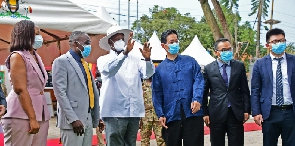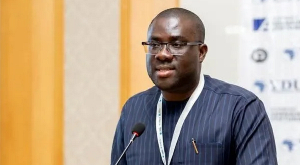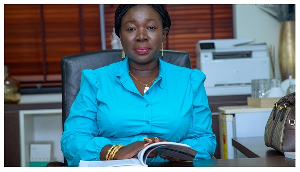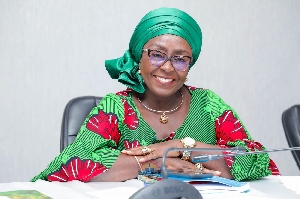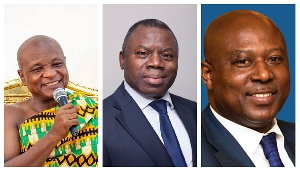The government has said it is set to start buying test kits for malaria and HIV from a Kampala-based local manufacturing company, Microhaem Scientifics.
This was revealed on November 28 by the Health Minister, Dr Jane Ruth Aceng, during the commissioning of the manufacturing plant where President Museveni was the chief guest.
Dr Aceng said they expect the company to supply rapid diagnostic kits in the country for the two diseases, which is more than $34.5 million (Shs126 billion).
“It is exciting that we are having our own Ugandans manufacturing Ugandan-made products. Usually, when it is your own, you have confidence in it and you are sure it works. In addition, it has been done with the support from all of us [Ugandan government], including His Excellency the President,” Dr Aceng said.
“The Ministry of Health and its partners will procure the test kits manufactured here, particularly for HIV and malaria. Our Central Public Health Laboratory, which has already been designated by the World Health Organisation (WHO) as a regional centre for diagnostics, will provide quality assurance services to ensure the products released into the market meet the required quality standards,” she added.
Dr Aceng said the annual requirement for HIV rapid diagnostic test kits in the country is about $18.9 million (Shs69 billion), which the government and partners procure annually. For malaria diagnostic kits, the annual requirement is $15.6 million (Shs58 billion), she revealed.
“All these test kits are currently being imported, so we envisage that this plant will save Uganda money which could have gone into importation of HIV and malaria test kits alone,” Dr Aceng said, adding: “Besides providing test kits at affordable prices, this manufacturing plant will also provide direct and indirect employment in the factory and along the value chain.”
According to information from the company, this local manufacturing would see 1,500 direct jobs and 5,000 indirect jobs created.
The managing director of Microhaem Scientifics, Dr Cedric Akwesigye, said it took them three years to establish the plant and that the first phase of development cost them $25 million (Shs91 billion).
Dr Akweigye said they are being supported by companies from the United States of America and China to manufacture the kits in the country.
He said part of the funding, $6.3 million (Shs23 billion), was through a loan they acquired from the Uganda Development Bank (UDB).
“We are manufacturing kits used to diagnose diseases. The plant has been certified by National Drug Authority (NDA). NDA has been here for the last two years and they have been checking every step to ensure the quality of the products is very good. This plant is built to WHO standards,” he said.
He added that the company can make 80 million rapid diagnostic test kits annually.
Dr Bruce Kirenga, the head of the scientific advisory board of the company, said the kits are manufactured based on technologies from other countries.
Dr Aceng said doing their own research and developing their own “vaccines, therapeutics and diagnostic test kits from within the country, [would make the products] much cheaper, more accessible and widely available.”
President Museveni, while commissioning the facility, said Ugandan scientists are now waking up to take advantage of the “riches” of diseases in the country.
“I want to thank the Ugandan scientists for waking up… if you wake up, it will be easy for you to find partners in the world, because those partners are there –the ones who woke up earlier than you. You have already found some of them like the people from the US and China,” he told scientists.
He said the government has policies that enable Ugandans to “wake up and live like modern people.”
“This fund which we have put in Uganda Development Bank, we shall put more to support that transformation from a superstition-controlled society to a science-led society. That money is just the beginning, we shall put more money,” he said.
The President also added that scientists from the Uganda Virus Research Institute told him they are working on an HIV vaccine.
Africa News of Wednesday, 29 November 2023
Source: monitor.co.ug





